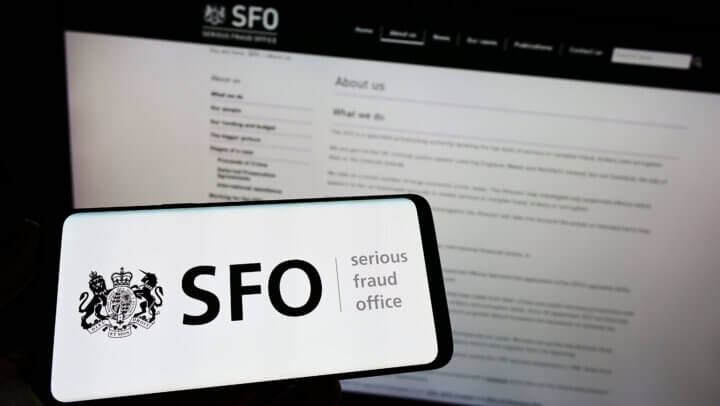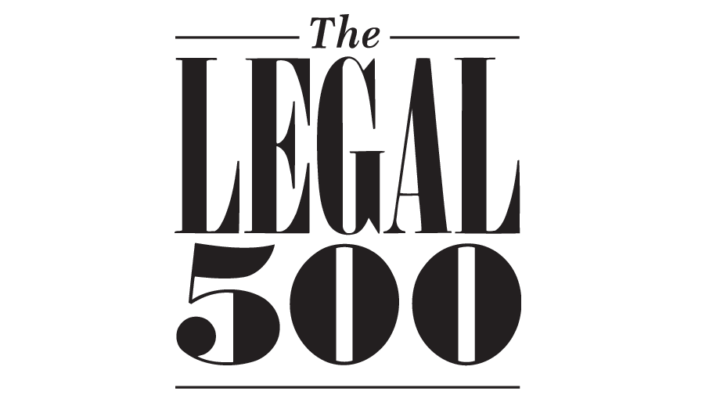BCL partner, John Binns writes for Analytical Cannabis discussing how the UK feels about cannabis in 2023.
*Here is a short extract from the article. If you wish to read the full article, please visit Analytical Cannabis website.
A spectrum of perspectives
How does the UK feel about cannabis in 2023? There are a few answers to this question, depending on the perspective of those questioned. At the positive end of the spectrum, many of the public will by now have tried CBD products and will have a vague idea that cannabis was legalised here a few years ago, at least for medicinal use. Some in the UK may even say they have had success with investing in the cannabis industry, though for now such success is more likely to come from businesses overseas than to be home grown.
At the more negative end are (sadly) us lawyers, who will tend to shake our heads and say that things are a lot more difficult than that, perhaps grumbling about the Home Office, novel foods regulations, or proceeds of crime laws. Unfortunately, some of that gloom is shared by medical practitioners and patients, who are finding it hard to get medicinal cannabis products that are supposedly now available to them. So, what is the reality, and how is it changing?
Controlled drug licensing
The starting point is that the Misuse of Drugs Act 1971 (the MDA) prohibits various actions in connection with controlled drugs (CDs), which include products containing cannabis or its principal psychoactive ingredient, THC. Although CBD is not itself a CD, CBD products (at least the natural, “full spectrum” variety, as opposed to artificially produced CBD isolate) are often also classed as CDs by virtue of their THC content.
The Misuse of Drugs Regulations 2001 (the MDRs) enable the Home Office to license activities that would otherwise breach the MDA. Although, in the case of cannabis, this is only allowed for research or other “special purposes”. They also create a class of “exempted products” that arguably include CBD products with less than one milligram (mg) of THC.
Unhelpfully, unlike other jurisdictions, the UK has no general percentage threshold below which THC content does not present a problem, although licensing is easier where the content is below 0.2% (hemp). So, imports of even low-THC CBD products have prompted asset seizures and even criminal investigations.
Proceeds of crime
Even more unhelpfully, the Proceeds of Crime Act 2002 (POCA), which prohibits dealings with and arrangements concerning the proceeds of “criminal conduct”, defines that term to include conduct overseas that would breach UK law if it occurred here. An exception for overseas conduct that is lawful where it occurs has been disapplied (by the Proceeds of Crime Act (Exceptions to Overseas Conduct Defence) Order 2006) for offences punishable with over 12 months of imprisonment, as is the case for most offences under the MDA.
*This article was first published by Analytical Cannabis on 01 February 2023. If you wish to read the full article, please visit Analytical Cannabis website.




